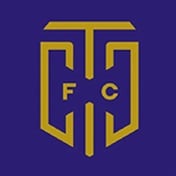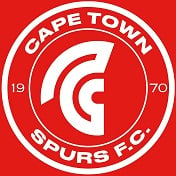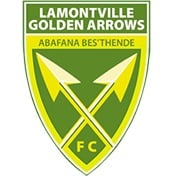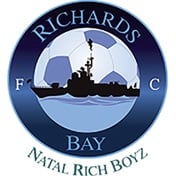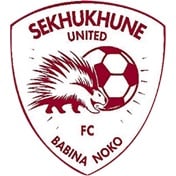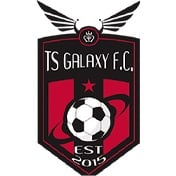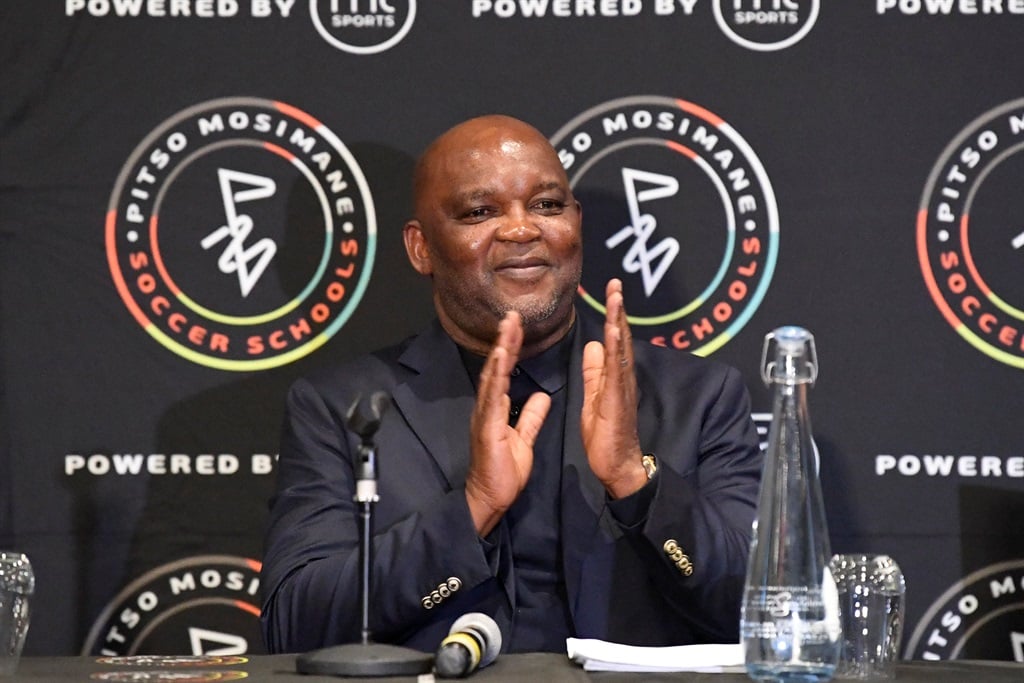
MT Sports Marketing and Management founder and Pitso Mosimane's agent Moira Tlhagale has seemingly opened the door for a potential return to the DStv Premiership in the future if certain conditions are met, while revealing some non-negotiables for suitors interested in the head coach.
Pitso Mosimane has reportedly been a target for a number of clubs and countries across the continent, including Kaizer Chiefs, Wydad Casablanca and Nigeria, according to local media.
With the South African coach being in high demand, it is likely that a number of sides will be making their interest known at the end of this season.
As things stand, the former Mamelodi Sundowns manager's contract with Abha Club will expire at the end of the Saudi Pro League season in June. Moira Tlhagale has already confirmed that the agency initially rejected a longer contract with the Saudi Arabian side, leaving many to suggest that the coach could be available before the 2024/25 season.
It has been four years since Mosimane last worked in the DStv Premiership, and KickOff recently sat down with the manager's representative to discuss what the requirements are for 'Jingles' to return to the PSL, non-negotiable topics for his camp and where does the future lie for the 'dream team'.
People on social media are asking the coach every day to please come to a certain PSL club. What would it take for Pitso Mosimane to return to the DStv Premiership?
MT: I think it's just agreeing on the terms. I believe people think it’s impossible because they assume it is only about numbers and there are a lot of numbers that are being thrown out there, but we'll let them throw numbers. So, if the terms and the conditions are acceptable, he will come back. Like I'm saying, one of the conditions is, coach comes with his technical team, you can't just come along and say, 'No, don't come with your team.'
As part of the technical team we added a goalkeeper coach, we never had a goalkeeper coach. It was one department that he was fine with and he was always even happy. However, he insisted that the assistant coach is a local coach because they understand the players and the language, and they've got more experience with the players.
But yes, the possibility to return to South Africa is there. In life, they say never is a long time. The team has never said: 'We do not want to go back to South Africa as an opportunity'. The opportunity could be there, but are we agreeing on the terms and not necessarily money, just basic principles of the terms, you know, of how we're going to work together?
Again, I always say to people, Pitso is one lucky guy because he is doing something he is passionate about. We are working, I wanted to be a lawyer, but my parents couldn't take me to university to do law because they didn't have money. So, at the time I went to Botswana, the homeland and the president then was taking a lot of young people to Technikon to do technical training or quantity surveying, engineering and architecture. I got that through the Department of Public Works then and that's how I ended up as a Quantity Surveyor. I could have been an engineer, I could have been an architect, but really, I'm not an architect, I couldn't see the 3D thing, I couldn't draw. The numbers associated to quantity surveying are curious because you're like an accountant in the building industry. That's why I chose that.
I enjoyed the quantity surveyor thing and then I thought project management is much better for me because then your brain deals with everybody to get the whole project together. That's why I ended up opening, not a quantity surveying business, but a project management business. So, that has been quite a journey and I think that's my passion now. Coach Pitso is doing something that he's passionate about, which is coaching, so I don't think it is impossible for Pitso to come back.
Read: Mokwana tipped to follow in footsteps of Maart
You have mentioned in other interviews that Pitso and his technical team would prefer to stay in the Gulf region. What is the reason behind that decision?
MT: I don't know why I said that, maybe at that time that was the goal, but everything changes. If you think about it, the Gulf is growing in terms of soccer, Saudi in particular. They are going to be hosting the World Cup. Yes, I do remember saying that, in fact, but I can tell you that anywhere, maybe even North America, if they got an opportunity and the terms were met, they could go.
So when you enter a negotiation process with a potential club for your coaches, what are some of the non-negotiable topics that make you stand up and say "thank you for your time, but I'm leaving"?
MT: So it depends on where my coaches are at that point in time. I think in any negotiation we have to set what the main objective is that we want to achieve at that time. Based on that, then you negotiate the main objective. I'll tell you, in most cases in the negotiation, it was not necessarily about the money, right. I remember the last contract with Sundowns, it was about the club allowing Pitso to start his Pitso Mosimane Soccer Schools, and that was non-negotiable. So, if at that time they said no to it, we would have not continued as that was non-negotiable.
In South Africa, it is not necessarily common for coaches to come with their own technical teams, but also, I do a lot of reading and a lot of research and I've seen overseas that a lot of people come with their technical team. I've seen as I sit on certain boards myself, when we get a new CEO, the CEO wants to bring his team, which is important because you have to surround yourself with people who will make you successful. So, for now, the key thing that I always talk about is that the coach is coming, and he will come with his team because the club don't always worry about his team. They want coach Pitso, but this is the team he comes with, that's a non-negotiable. And also importantly, the buying of players needs to be something that is agreed upon between the club and the coach.
The coach cannot wake up and find that the club has now signed this particular player. That is always something that Pitso is very strict about because he says yes, the player the club has seen might be good or a certain player is available, and the club wants them, but 'that player is good as they are, but they may not necessarily fit the way I play or fit the type of players I currently have'. So, he looks at it that way.
Normally, I think it's just that some other things are standard really. Even with regard to players, if he says, or even if the club says for that matter, we want this player but it's not that player, then it's not an outright no, it's a negotiation. He just doesn't want to wake up and find that the team has bought players for him without consultation. Consultation doesn't mean that it's his players that he wants, but it's a negotiation because teams would have scouts. The coach doesn't have time to scout all over the country for players. In certain instances, the team would say here is the person that they would like to sign, Coach will give that to his analyst to analyze. He will look at the player's matches and data and I think in most cases, even often agree, ‘You're right, let's go for this player’.
Read: Nabi’s value up again with Chiefs still on the hunt
Having traveled across the world to negotiate with some big clubs, what are some of the biggest challenges that you face in representing your clients, and how did you overcome them?
MT: You know, I must be honest with you. I just don't think I've had any challenges. I think negotiations in their very nature are difficult. But what I've come to learn with all the travelling is we are all from a human race. You know, it doesn't matter where you are from, we are all human beings. We all have emotions and when you negotiate... unfortunately, people who negotiate in these clubs, they're not rookies, they've been doing this for many years and you just have to understand that from a tactic point of view.
Now, how do I negotiate? Some negotiations people want to do step by step and then you find yourself getting entangled. For me, I say I need to look at the bigger picture and if we agree on the principles, bigger picture principles like coming with a technical team, this is what should happen. And then you find that you've agreed on certain things and not on others because you've got to accept that in negotiations, you will lose certain things, you will gain certain things. So, to answer your question, I don't think I've had a problem. I think negotiations generally are very difficult, even here at home. They were not easy. So, I wouldn't say I've had any challenges. No, but it's not easy.
And it’s because I'm trying to get the very best of for my clients, and the club is wanting to get the best for the club, you know. But in certain instances, you know, when I negotiate with people, we always remind ourselves that let's just remember, this is not about us and our egos, the club wants the coach, the coach wants to be with the club, right? So, our job is to make sure that this thing happens.
You must be SIGNED IN to read and post comments.













